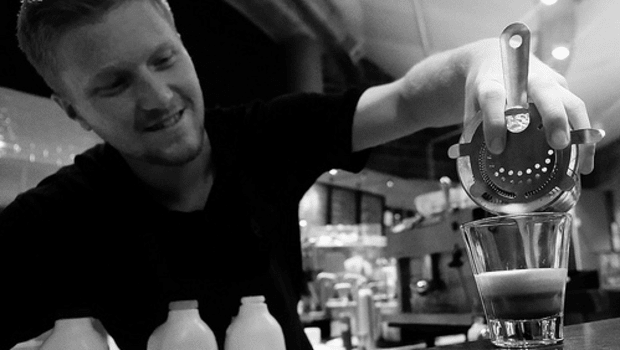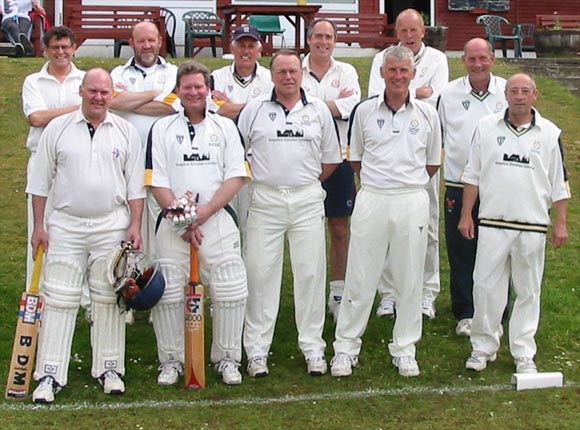-

-
Published on
20/08/2014
by Bill.Tamva
Everything You Need to Know Before You Buy a Café
Owning and running your own café can be rewarding. But if you want to make the transition into your new business venture easier, there are certain things you'll want to know before you commit to anything.
The 3 Key Areas of Owning and Running a Café You'll Want to Understand
1. Health and Safety Standards
One of the biggest areas you'll have to understand when you're running a business involves food handling standards. As a café owner, you'll be legally required to meet national and local food health and safety standards. You must ensure that the food you serve is safe to eat. Any staff members who handle food also need to be aware of health and hygiene issues.
There are three national food safety standards you'll want to fully comprehend:
- Standard 3.1.1 Interpretation and Application
- Standard 3.2.2 Food Safety Practices and General Requirements
- Standard 3.2.3 Food Premises and Equipment.
These standards underline how food should be handled and equipment and premises maintained in your café. They apply to any business that handles and sells food. Learn more about national food standards at Food Standards Australia and New Zealand.
Individual states also have their own regulations, so you'll want to research government acts and regulations specific to your location.
Your café will also be subject to routine health inspections by your council's Environmental Health Officers. These inspections occur every 6-12 months without prior notice. The officers will monitor your food safety practices, as well as the programs you'll have to protect your café against pest infestations.
2. Café Licences
There are a number of licences you may be legally obliged to secure to run your café. The following are among the most essential licences, although they vary from state to state:
Food Business Licence –
You can get one of these from the local council where your café is based.Liquor Licence –
You will need a Liquor Licence if you want to serve alcohol. Your staff must also carry certification that they know how to serve alcohol responsibly.Outdoor Café Licence –
If you want to have any tables or chairs outdoors for your customers, you may need one of these licences from your local council.
Licence costs and application processing times vary according to the state, type of business and type of licence.
Take care that some licences hold certain restrictions. For example, a Liquor Licence may only allow you to sell liquor between certain hours and public holidays may be exempt.
3. Staff Obligations
You're more than likely to keep some staff to operate your café. They will lighten your weight of work substantially, but it's important you know their rights and your legal obligations towards them.
Since your workplace will be covered by the national Fair Work Act, you must pay your staff the minimum wage according to your industry award. For a café, this will likely be the Hospitality Industry (General) Award 2010. You can learn more about your industry award and pay obligations at Fair Work Australia.
Don't forget that staff costs cover not only their daily pay rate, but also superannuation, possible workers compensation insurance, leave entitlements, and maybe even payroll tax. This means you should generally add 25-30% to staff costs on top of their regular pay.
You may also need to provide staff training, equipment, protective clothing, and supervision.
Your employees will be further covered by Fair Work standards that protect them from discrimination, sexual harassment, workplace bullying, and unfair termination. Learn the standards before you buy a café so you know how to better manage your staff.
Some employees, such as a good chef, may have signed non-compete agreements with their previous employer. This may mean that the head cook of a business you want to buy will transfer to one of his current employer's other properties once you take over the business. Find out if such agreements are in place before you buy the business so you can be prepared.
Australia's market for cafés is booming. Australians have embraced the café culture wholeheartedly. Learning about the various regulations, standards, laws and licences you need to run a café can be daunting. But as long as you're savvy and up-to-date with your café's requirements, you'll be able to relax and better enjoy the day-to-day goings-on of your new business.
Do you think you've got what it takes to run a cafe? Check out the hospitality category pages on the AnyBusiness website here - https://www.anybusiness.com.au/food-hospitality-for-sale
Related articles



